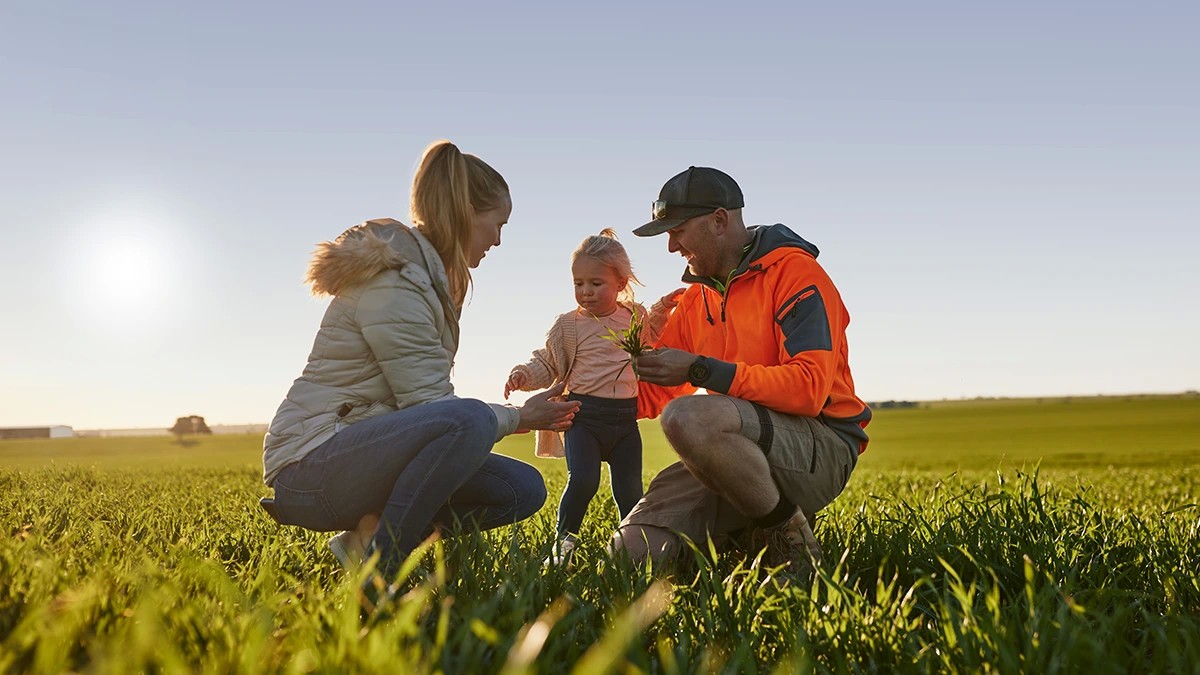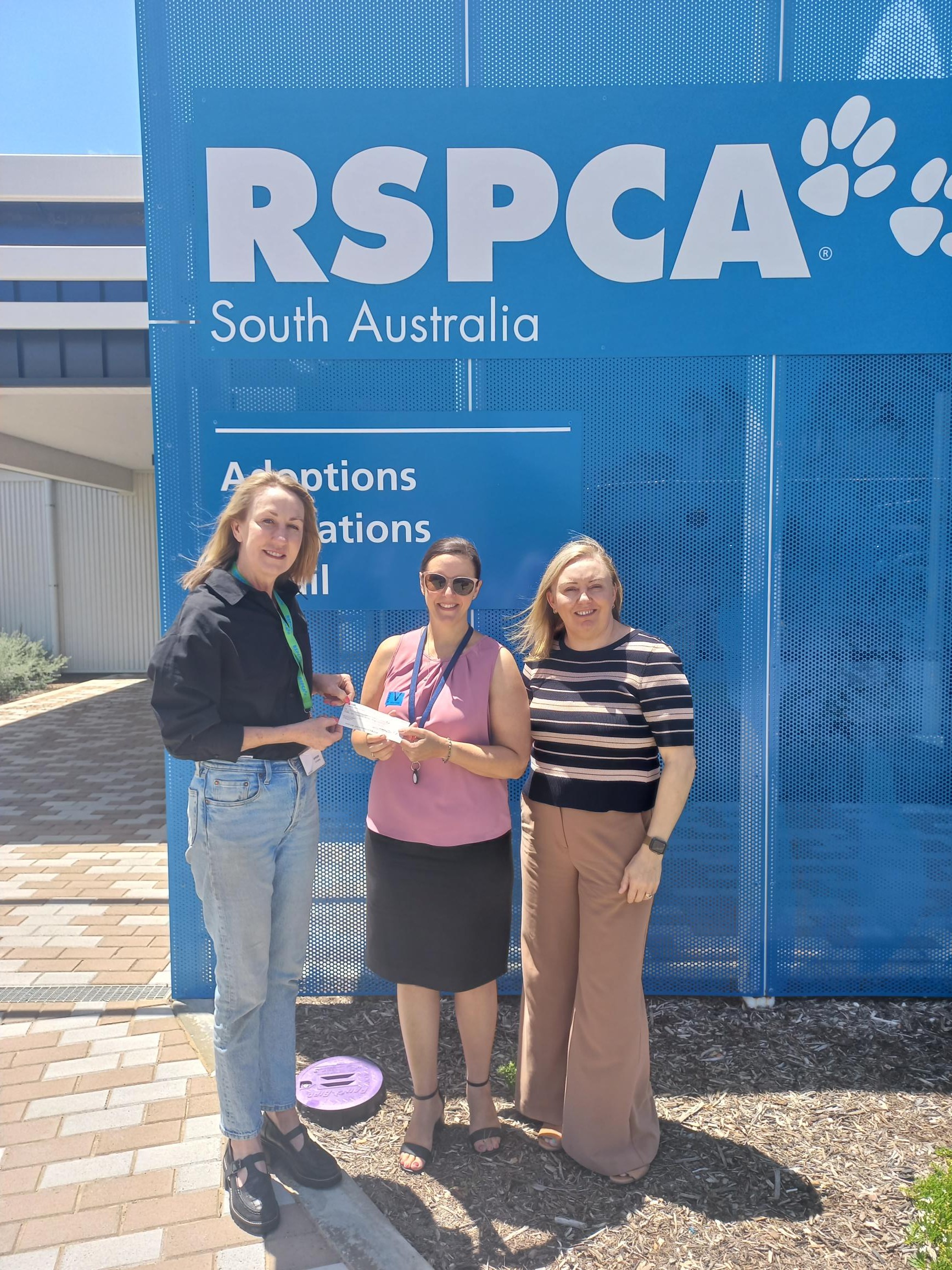
Blockchain is a term that might not currently mean a lot to farmers in Australia, but the technology could be about to revolutionise the transactions that drive agricultural trade.
Most people are aware of Bitcoin – a cryptocurrency that acts a medium of exchange outside the traditional banking system. Blockchain is the technology that underpins Bitcoin, and many organisations are examining ways to leverage its benefits to reduce risk.
The speed and security with which payments can be made and received could vastly improve cash flow management.
Blockchains are distributed digital ledgers that members of a community can use to record and share data.
They are commonly utilised to track transactions across multiple computers, with information updated and reconciled throughout a decentralised network that can span millions of machines.
Each data ‘block’ is connected to others chronologically to form a ‘chain’ using complex algorithms in a process called ‘hashing’. Transfers are typically completed within 10 minutes.
Commonly cited benefits of blockchains include:
So, what does blockchain technology have to do with agriculture?
Australian farmers have been at the forefront of implementing blockchain for supply chain benefits.
In fact, NSW-based firm AgriDigital facilitated a world-first in December 2016 when it connected its cloud-based transaction system to a private blockchain network in order to settle a physical commodity purchase.
David Whillock, a grower from Whillock Pastoral in NSW, delivered 23 tonnes of wheat to Fletcher International Exports, and the blockchain-enabled AgriDigital system was able to settle payment within minutes of arrival.
The speed and security with which payments can be made and received could vastly improve cash flow management for many farmers in the country.
Blockchain is still in its infancy in Australia, but Emma Weston – co-founder and CEO of Full Profile, which owns AgriDigital – said the opportunities for farmers are enormous.
She highlighted three key benefits in an interview with S&P Global Platts earlier this year:
“De-risking the agri-supply chain through real-time settlement of physical commodity transactions has broad benefits for all participants by increasing efficiency, trust and security,” Ms Weston explained.
Farmers who would like to discuss the risks their agricultural business is facing should contact MGA Insurance brokers for more information on crop insurance, farm insurance and other types of cover.

Supporting local communities is a fundamental part of the MGA Whittles Group mission. When the Kensington Baseball Club suffered a devastating cyber-attack, resulting in a $22,000 loss, we recognised the urgency to step in and provide assistance.
» READ MORE
The MGA Whittles Community Foundation is proud to have donated $30,000 to the Australian Melanoma Research Foundation (AMRF) following the success of the 2024 Charity Golf Day. Over the past six years, this much-loved event has raised more than $124,000, supporting vital causes and showcasing the power of community collaboration.
» READ MORE
The MGA Whittles Community Foundation is proud to support RSPCA South Australia through a successful donation drive, helping animals in need across the region. This heartwarming initiative highlights the Foundation’s commitment to aiding vital community organisations that provide care and protection for vulnerable animals.
» READ MORE